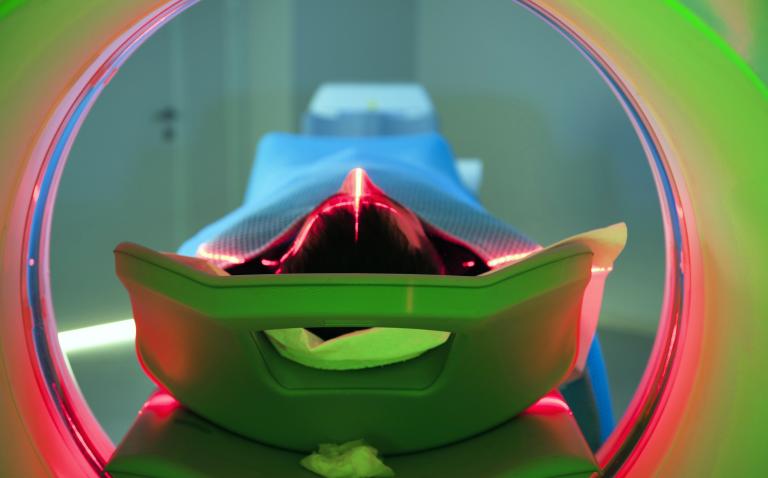AC Immune SA has announced a significant step for a first potential PET tracer for Parkinson’s disease.
It plans to initiate a first in human study, scheduled for the second half of 2018. The new compound is highly selective for alpha-synuclein aggregates, an established target for Parkinson’s disease and other diseases with alpha-synuclein pathologies (referred to as synucleinopathies in general). New data will be presented at the AAT-AD/PDTM Focus Meeting 2018 in Torino, Italy, on 15 March 2018.

Prof Andrea Pfeifer, CEO of AC Immune, said: “We are excited about this significant step in our development of potentially the first ever PET tracer for earlier and more accurate diagnosis of Parkinson’s disease. This important milestone underlines our vision to become a global leader in precision medicine of neurodegenerative diseases, leveraging our proprietary technology platforms.”
This next generation tracer was discovered using the company’s proprietary MorphomerTM chemistry technology platform. AC Immune has been successfully collaborating on this program with Biogen since April 2016. The companies will continue to further research, develop and clinically validate this alpha-synuclein PET tracer that will be used as an imaging biomarker for Parkinson’s disease with an aim to enable the clinical development of new disease-modifying therapies. This project from AC Immune is being supported by The Michael J Fox Foundation for Parkinson’s Research (MJFF).
Jamie Eberling, PhD, Director of Research Programs at MJFF, commented: “We are very pleased about this next important step in the development of an alpha-synuclein imaging agent. Having a PET tracer to detect and track Parkinson’s disease would be transformative for Parkinson’s research and patient care.”









